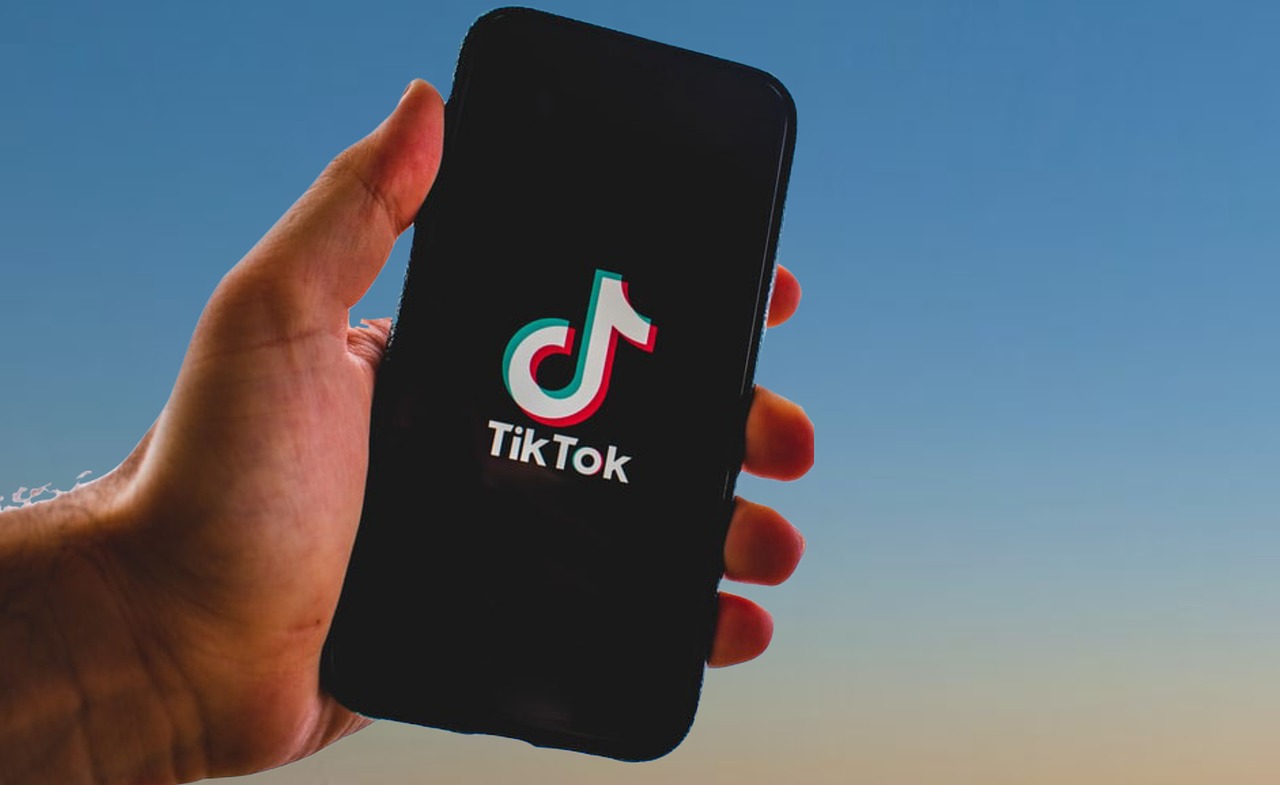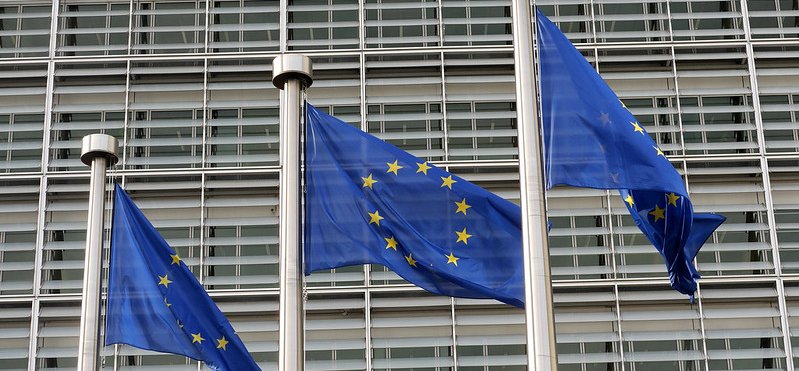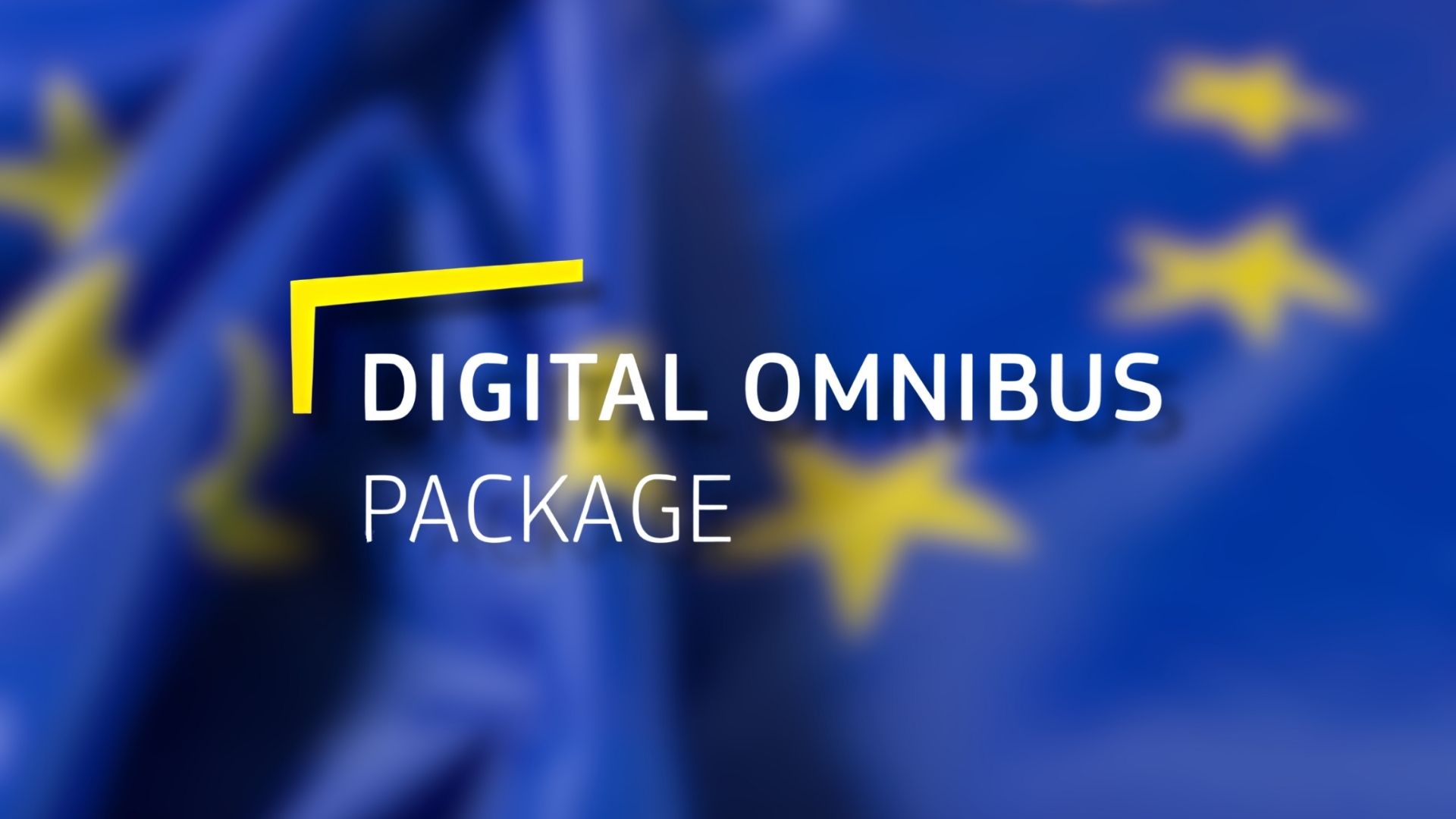Stanford University, ETH Zurich, and EPFL have launched a transatlantic partnership to develop open-source AI models prioritising societal values over commercial interests.
The partnership was formalised through a memorandum of understanding signed during the World Economic Forum meeting in Davos.
The agreement establishes long-term cooperation in AI research, education, and innovation, with a focus on large-scale multimodal models. The initiative aims to strengthen academia’s influence over global AI by promoting transparency, accountability, and inclusive access.
Joint projects will develop open datasets, evaluation benchmarks, and responsible deployment frameworks, alongside researcher exchanges and workshops. The effort aims to embed human-centred principles into technical progress while supporting interdisciplinary discovery.
Academic leaders said the alliance reinforces open science and cultural diversity amid growing corporate influence over foundation models. The collaboration positions universities as central drivers of ethical, trustworthy, and socially grounded AI development.
Would you like to learn more about AI, tech and digital diplomacy? If so, ask our Diplo chatbot!










